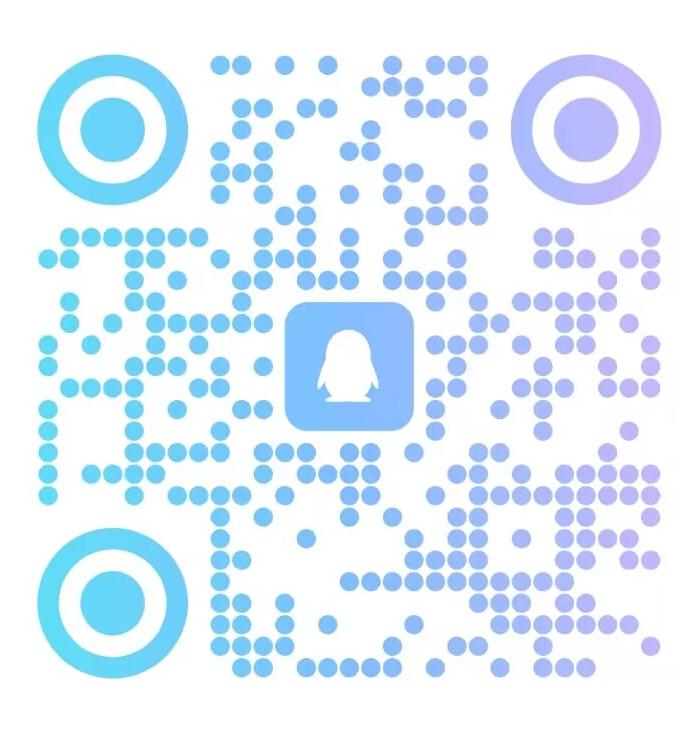QQ扫一扫联系

Section C
Directions: There are 2 passages in this section. Each passage is followed by some questions or unfinished
statements. For each of them there are four choices marked A),B),C)and D).You should decide on the best
choice and mark the corresponding letter on Answer Sheet 2 with a single line through the centre.
Passage One
Technology is never a neutral tool for achieving human ends. Technological innovations reshape
people as they use these innovations to control their environment. Artificial intelligence, for example, is
altering humanity.
While the term AI conjures up anxieties about killer robots or catastrophic levels of
unemployment, there are other, deeper implications. As AI increasingly shapes the human experience,
how does this change what it means to be human? Central to the problem is a person's capacity to make
choices, particularly judgments that have moral implications.
Aristotle argued that the capacity for making practical judgments depends on regularly making
them—on habit and practice. We see the emergence of machines as substitute judges in a variety of
everyday contexts as a potential threat to people learning how to effectively exercise judgment
themselves.
In the workplace, managers routinely make decisions about who to hire or fire and which loan to
approve, to name a few. These are areas where algorithmic (算法的) prescription is replacing human
judgment, and so people who might have had the chance to develop practical judgment in these areas no
longer will.
Recommendation engines, which are increasingly prevalent intermediaries in people's consumption
of culture, may serve to constrain choice and minimize luck. By presenting consumers with
algorithmically selected choices of what to watch, read, stream and visit next, companies are replacing
human taste with machine taste. In one sense, this is helpful. After all, machines can survey a wider
range of choices than any individual is likely to have the time or energy to do on their own.
At the same time, though, this selection is optimizing for what people are likely to prefer based on
what they've preferred in the past. We think there is some risk that people's options will be constrained
by their past in a new and unanticipated way.
As machine learning algorithms improve and as they train on more extensive data sets, larger parts
of everyday life are likely to become utterly predictable. The predictions are going to get better and
better, and they will ultimately make common experiences more efficient and pleasant.
Algorithms could soon-if they don't already—have a better idea about which show you'd like to
watch next and which job candidate you should hire than you do. One day, humans may even find a way for machines to make these decisions without some of the biases that humans typically display
But to the extent that unpredictability is part of how people understand themselves and part of what people like about themselves, humanity is in the process of losing something significant. As they become more and more predictable, the creatures inhabiting the increasingly AI-mediated world will become less and less like us
46. What do we learn about the deeper implications of AI?
A) It is causing catastrophic levels of unemployment.
B) It is doing physical harm to human operators.
C) It is altering moral judgments.
D) It is reshaping humanity.
47. What is the consequence of algorithmic prescription replacing human judgment?
A) People lose the chance to cultivate the ability to make practical judgments.
B) People are prevented from participating in making major decisions in the workplace.
C) Managers no longer have the chance to decide which loan to approve.
D) Managers do not need to take the trouble to determine who to hire or fire.
48. What may result from increasing application of recommendation engines in our consumption of
culture?
A) Consumers will have much limited choice. C) It will be easier to decide on what to enjoy.
B) Consumers will actually enjoy better luck. D) Humans will develop tastes similar to machines'.
49. What is likely to happen to larger parts of our daily life as machine learning algorithms improve?
A) They will turn out to be more pleasant. C) They can be completely anticipated.
B) They will repeat our past experience. D) They may become better and better.
50. Why does the author say the creatures living in the more and more Al-mediated world will become
increasingly unlike us?
A) They will have lost the most significant human element of being intelligent.
B) They will no longer possess the human characteristic of being unpredictable.
C) They will not be able to understand themselves as we can do today.
D) They will be deprived of what their predecessors were proud of about themselves.